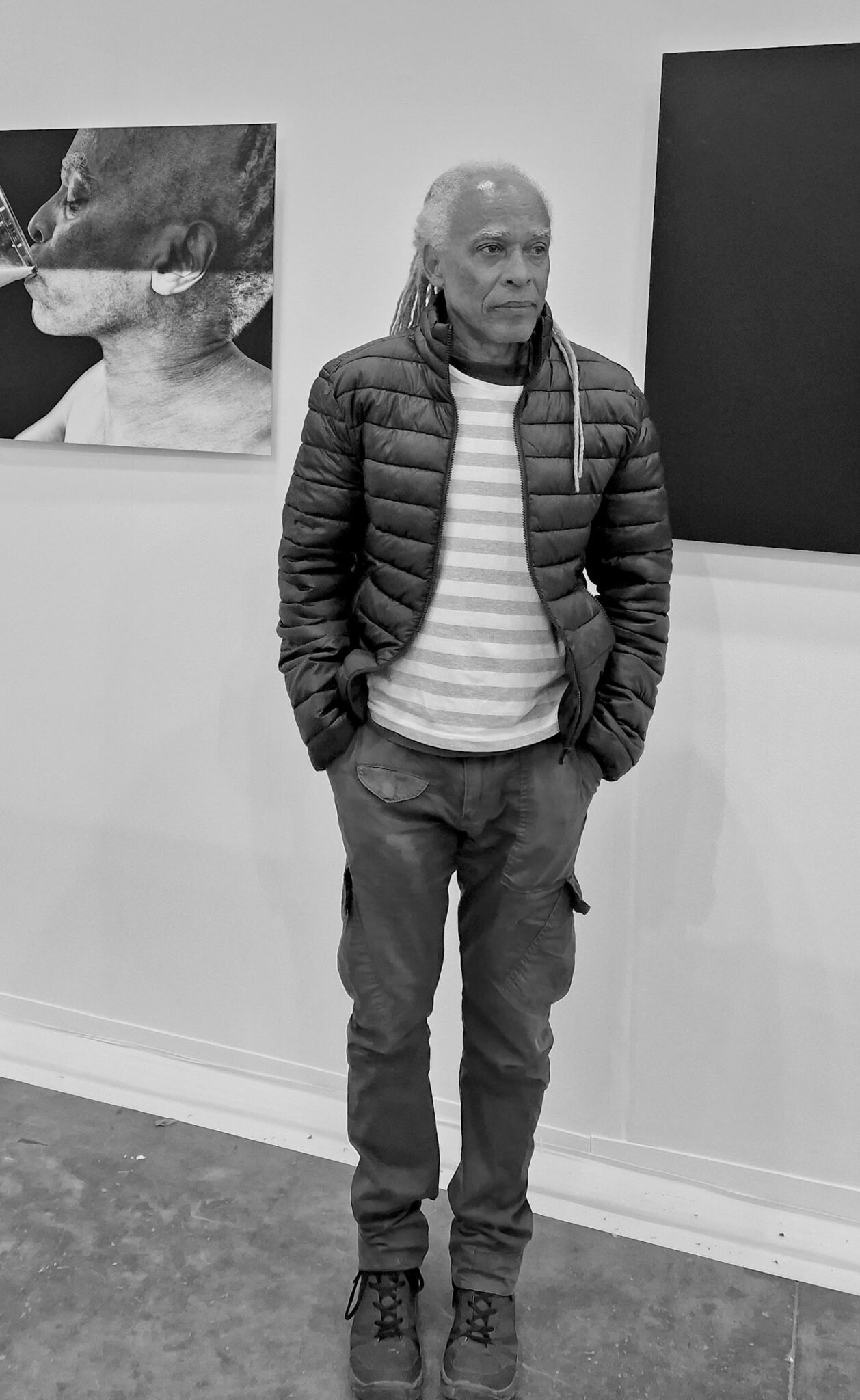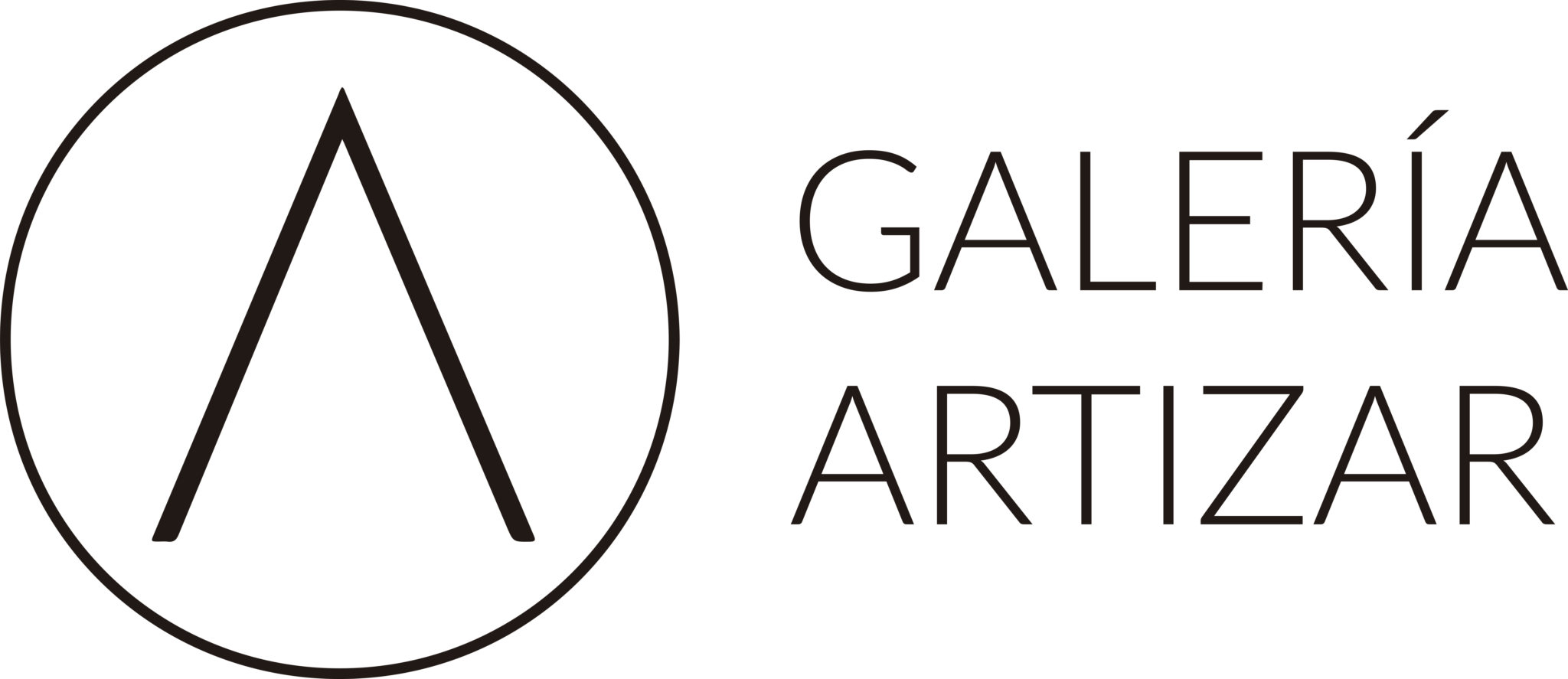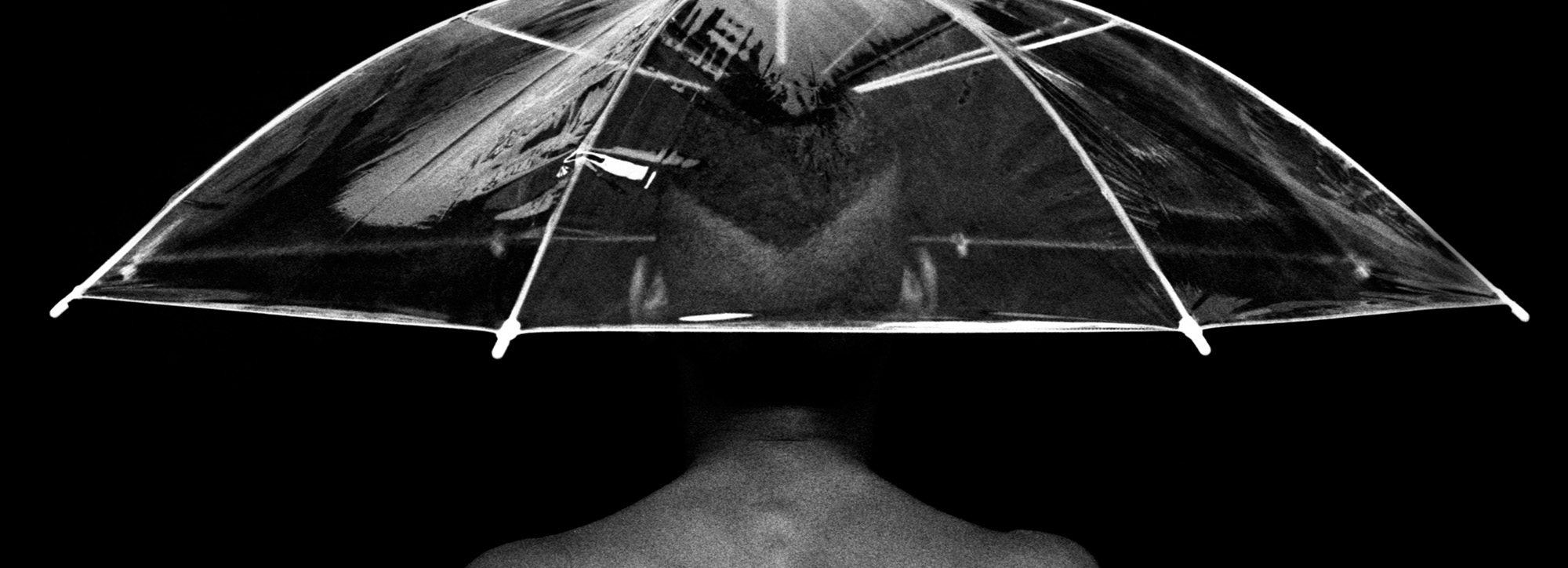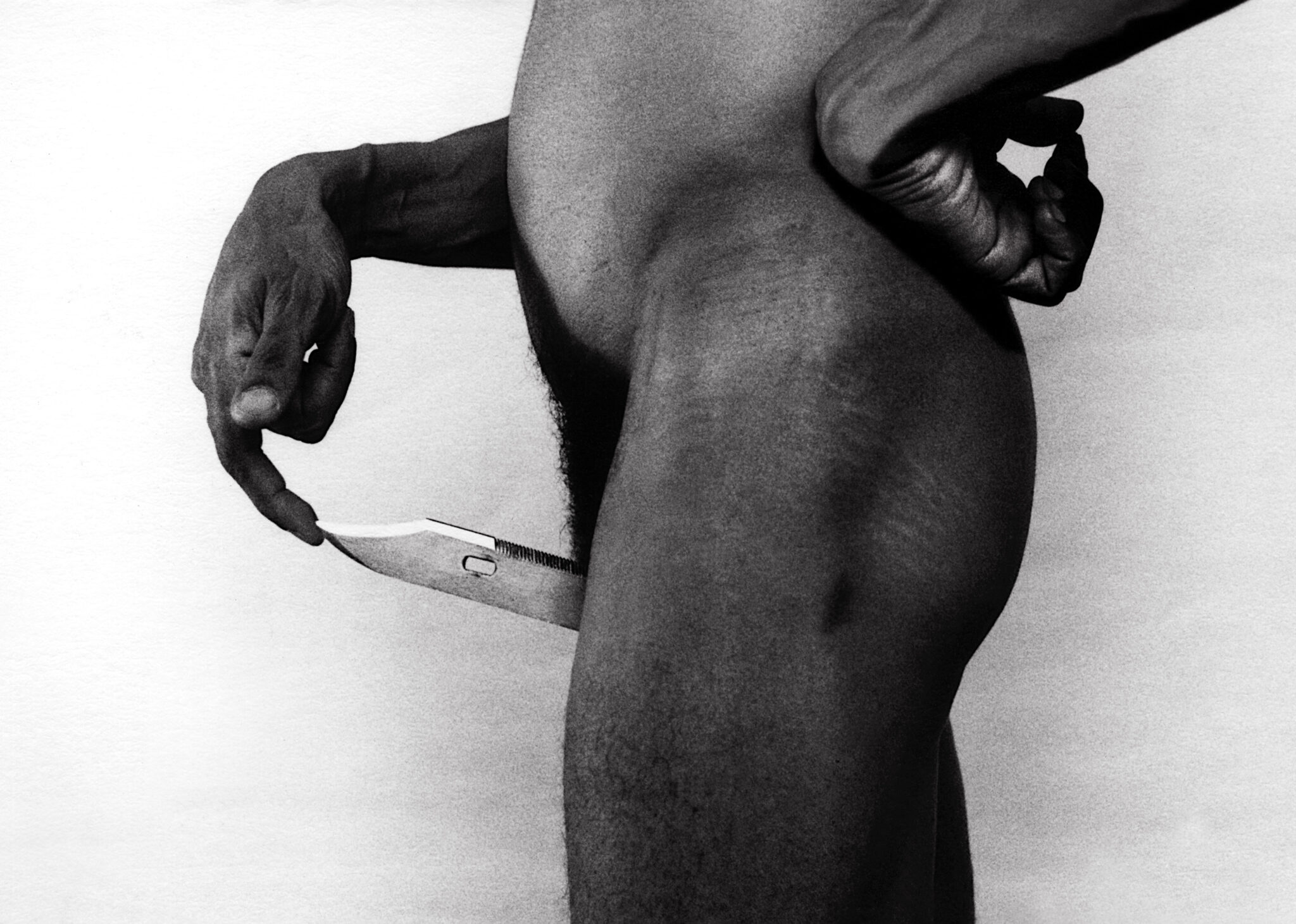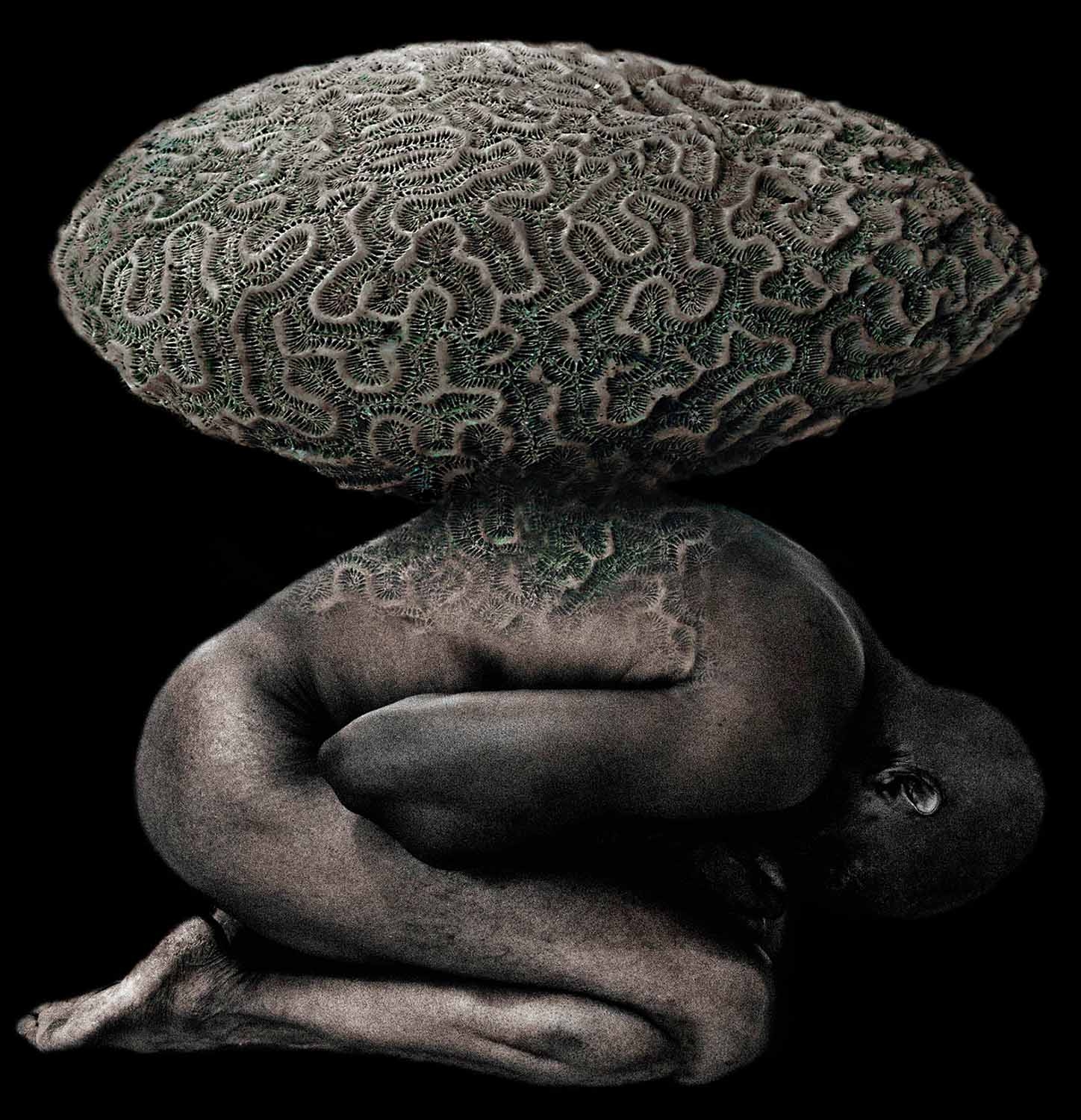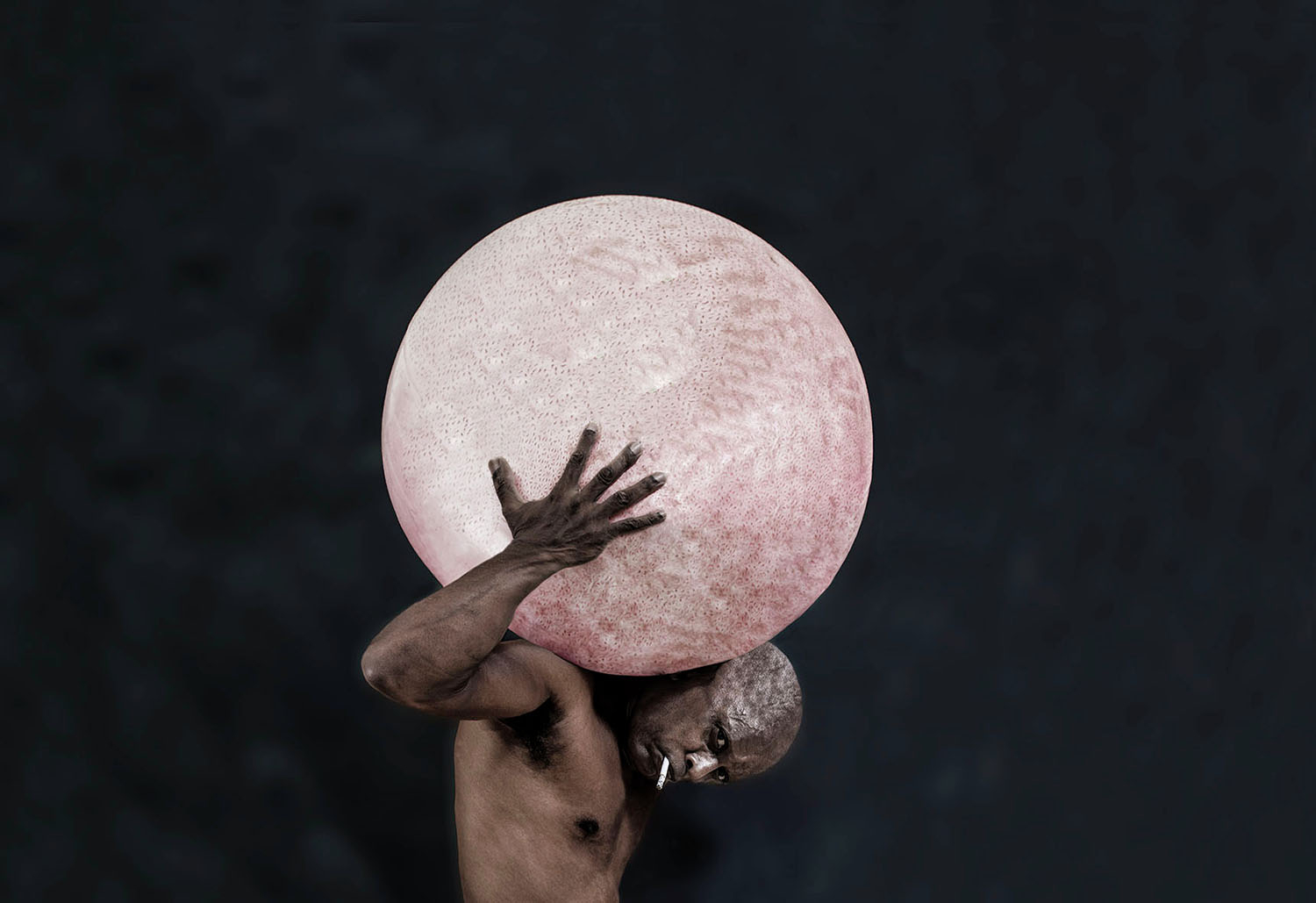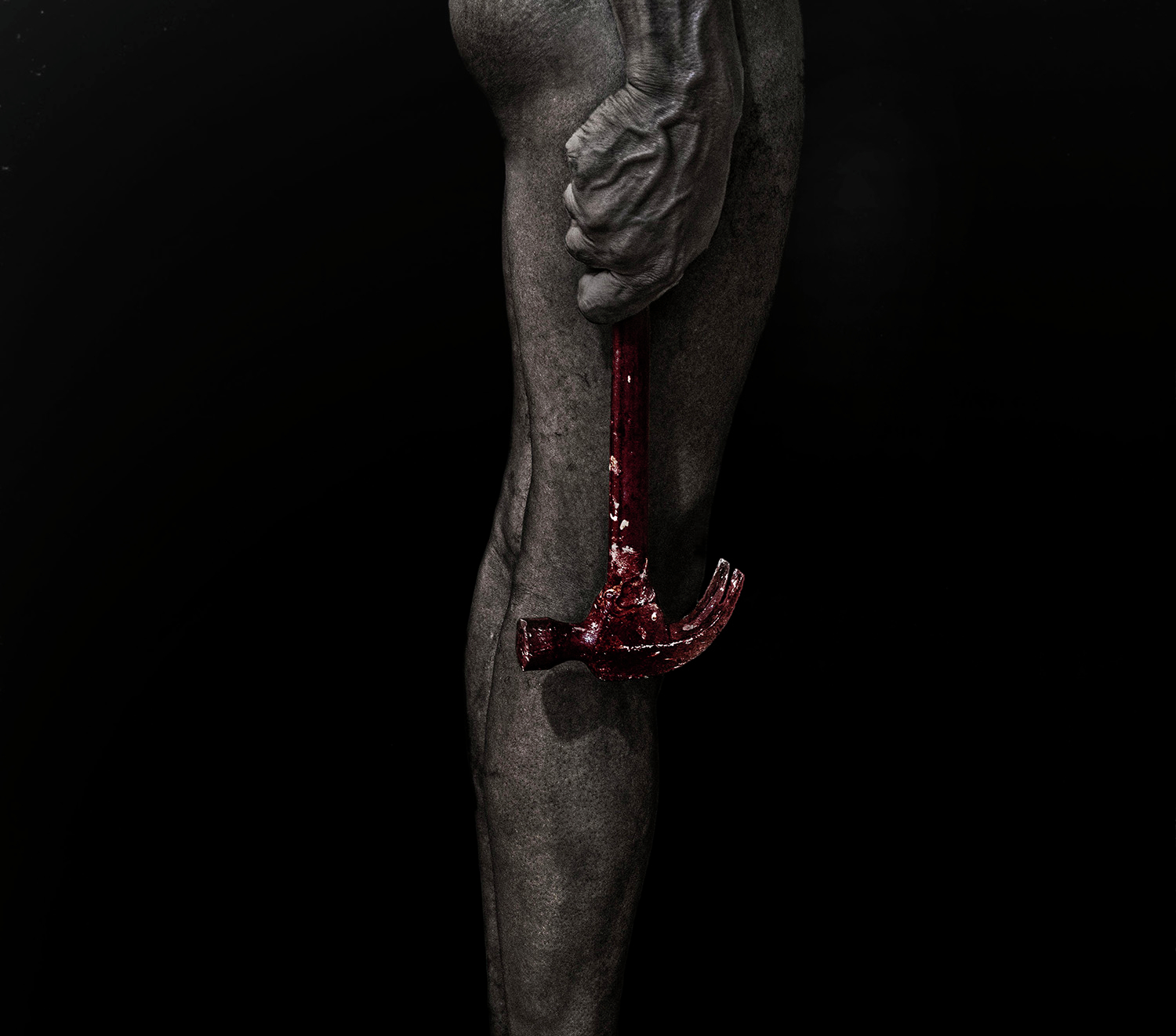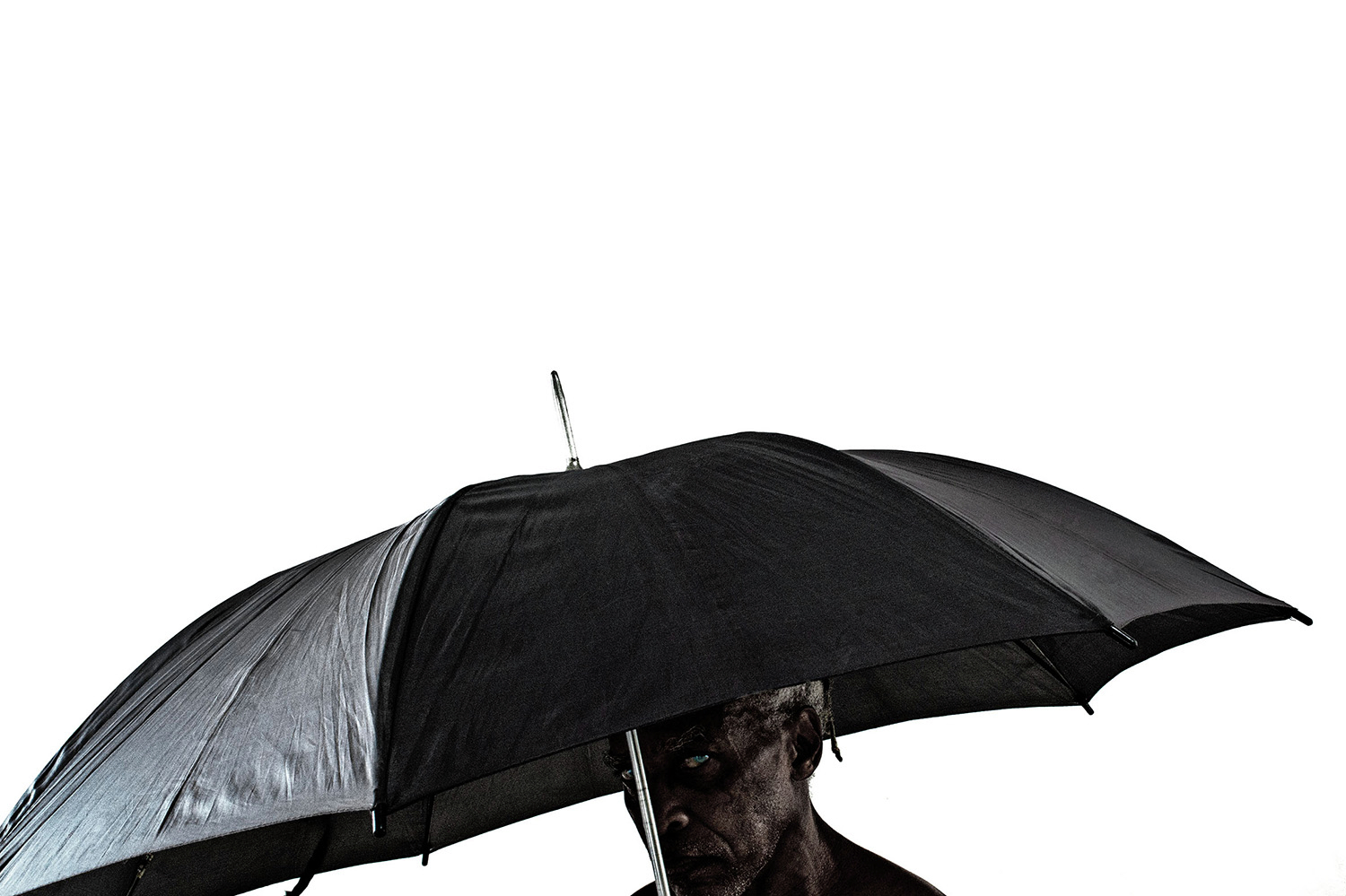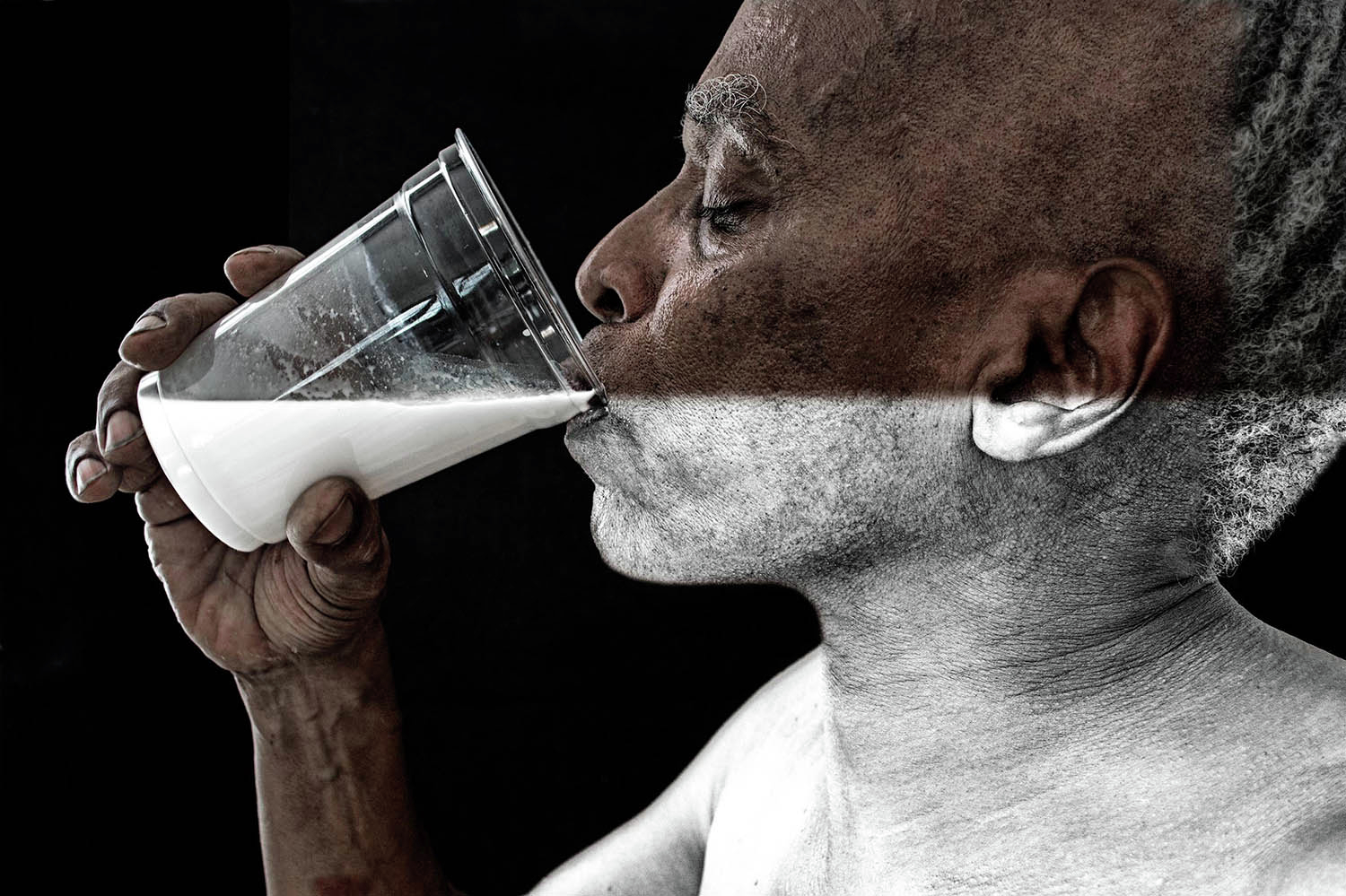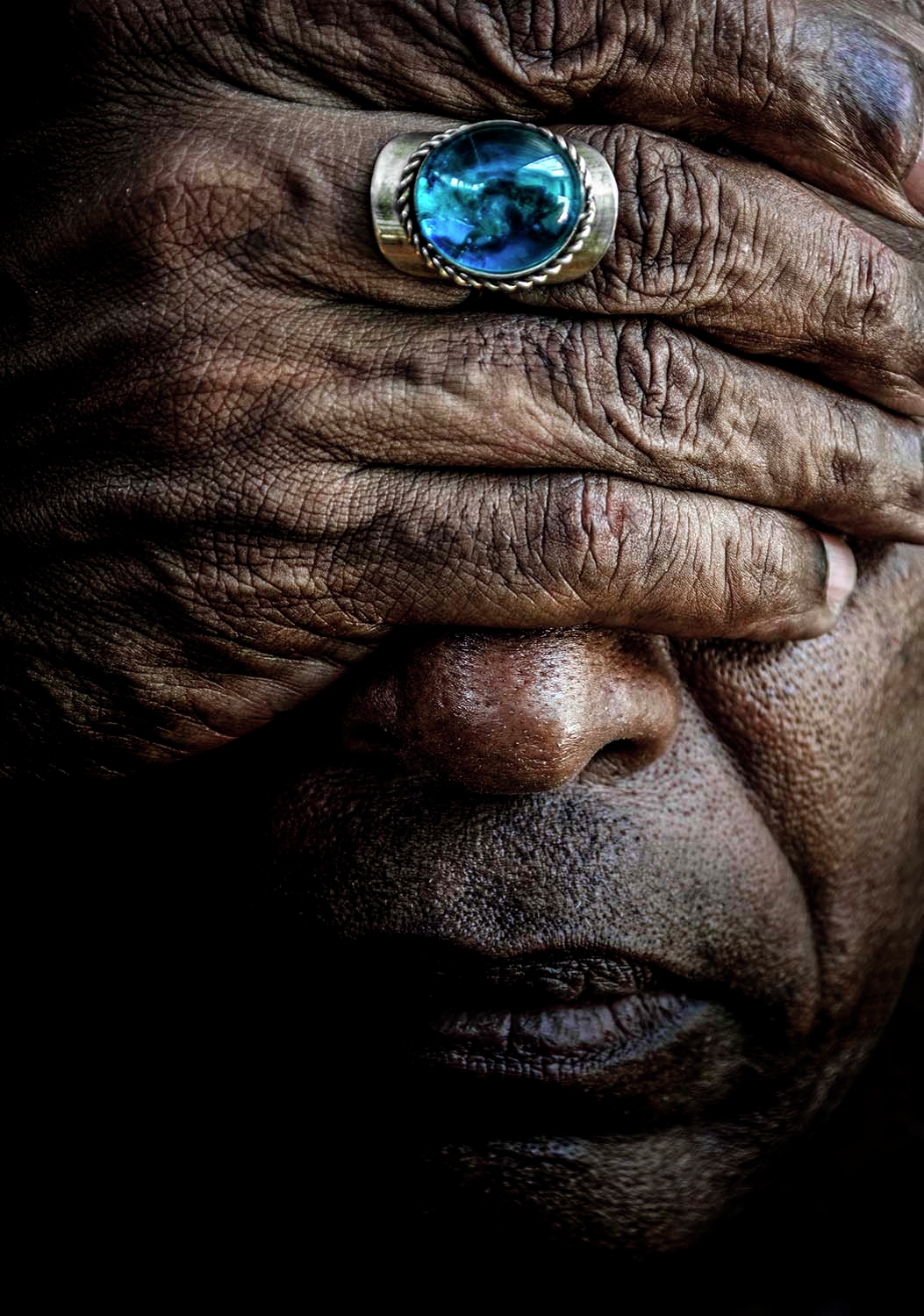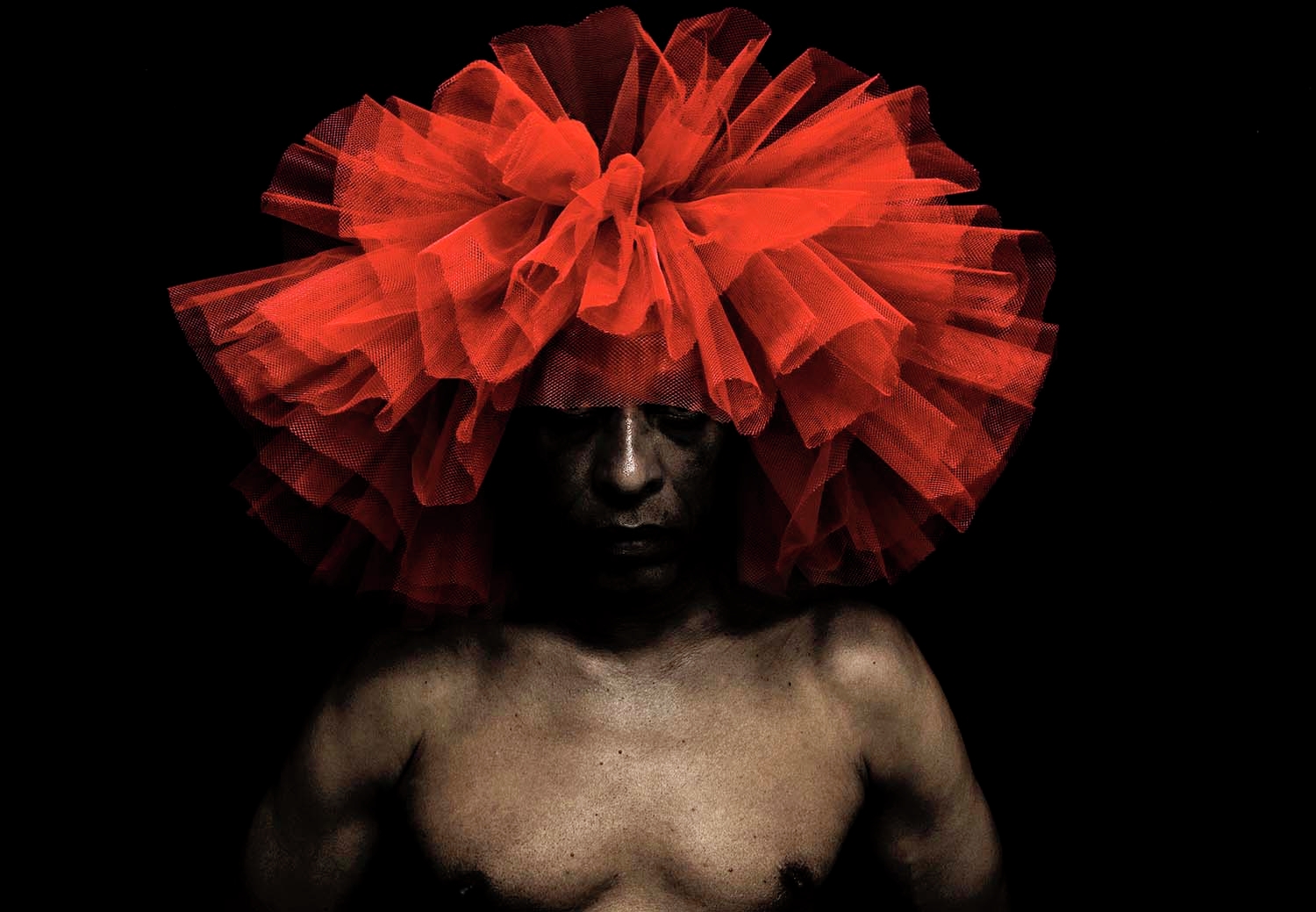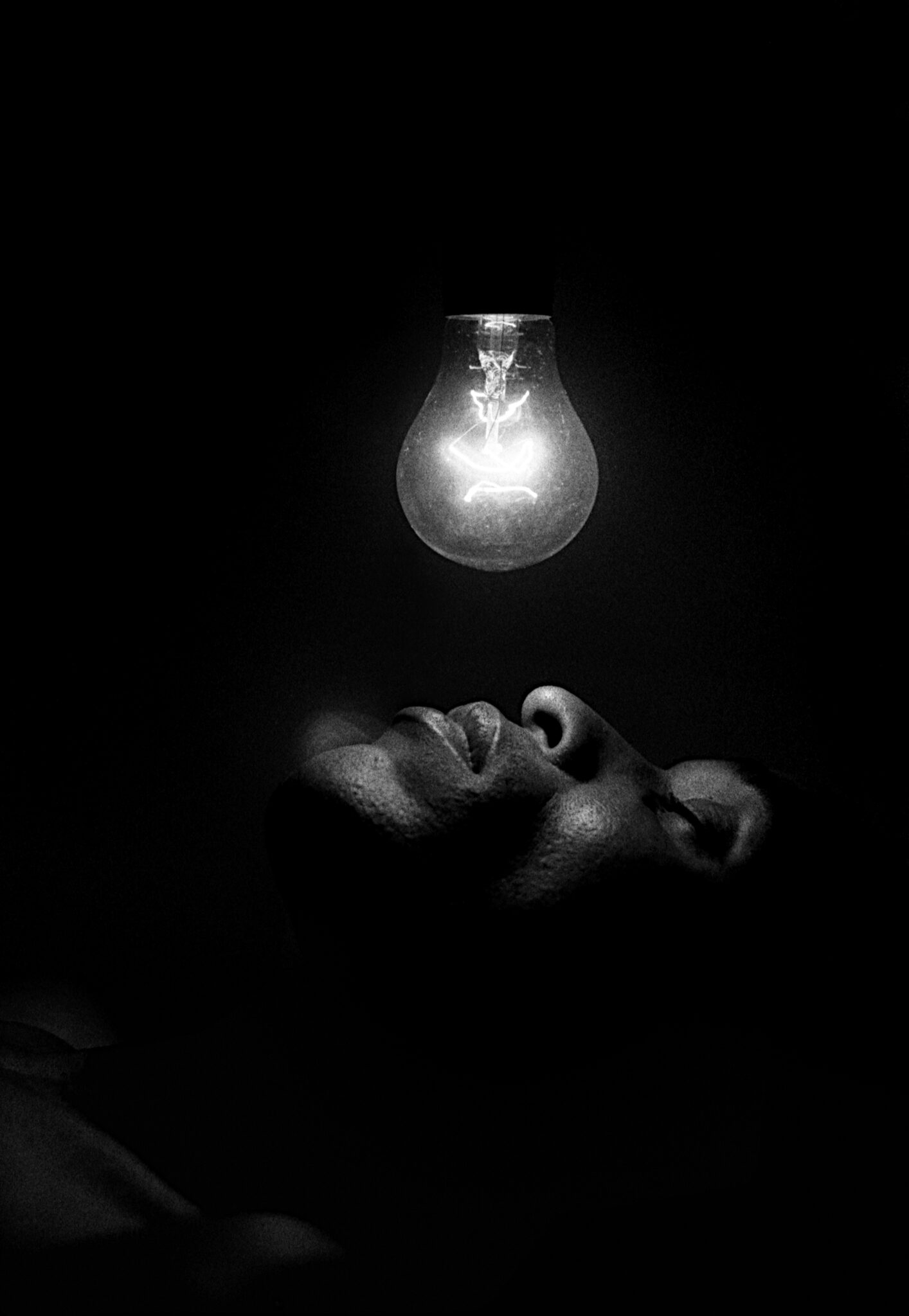René Peña, a self-taught photographer and graduate in English language from the Higher Pedagogical Institute of Foreign Languages at the University of Havana. Among his solo exhibitions, highlights include “Territorios y cartografías en blanco y negro” (Territories and Cartographies in Black and White) in 2006 at the International Fair of Engraving and Contemporary Art Editions in Galería C-5, Santiago de Compostela; “Black Album” in 2008 at Galería Santa Fé, Bogotá; in 2009, he participated in the 10th Havana Biennial with “Escenas urbanas” (Urban Scenes); and in 2010, “Blue Child” at Galería Villa Manuela, Havana. His participation in group exhibitions has been ongoing since 1997, with recent highlights including “Colaterales” at Havana Galerie, Zürich in 2006; “Cuba Avant-Garde. The Faber Collection” at the Samuel P. Harn Museum, University of Florida in 2007; “Queloides” at the Wifredo Lam Contemporary Art Center, Havana in 2010; “Without Masks. Contemporary Afrocuban Art from the Von Christierson Collection” at the Johannesburg Art Gallery; and in 2011, participation in the “Cuban Visions” exhibition at the Metropolitan Pavilion, New York.
With my photos, I don’t intend to explain anything about myself. They are not self-portraits. I use my body as a support for my musings about society.
I’m not interested in individuals in particular. No one should believe themselves so important as to be the center of anything. Those attitudes can create a certain kind of monster. I don’t want to settle my accounts with individuals, but with society.
In my photos, I try to avoid dramatic gestures and sentimentalities that foster any kind of personal relationship with those who view the images.
The central theme of my photographic series is the relationship established between individuals and institutions (family, education, political parties, religion…). I also pay attention to the contradiction that arises when we try to preserve our individuality while having to deal with our condition as social beings.
I consider photography a powerful tool, sometimes in favor of just causes, sometimes of lies, and almost always as a provider of nostalgia.
